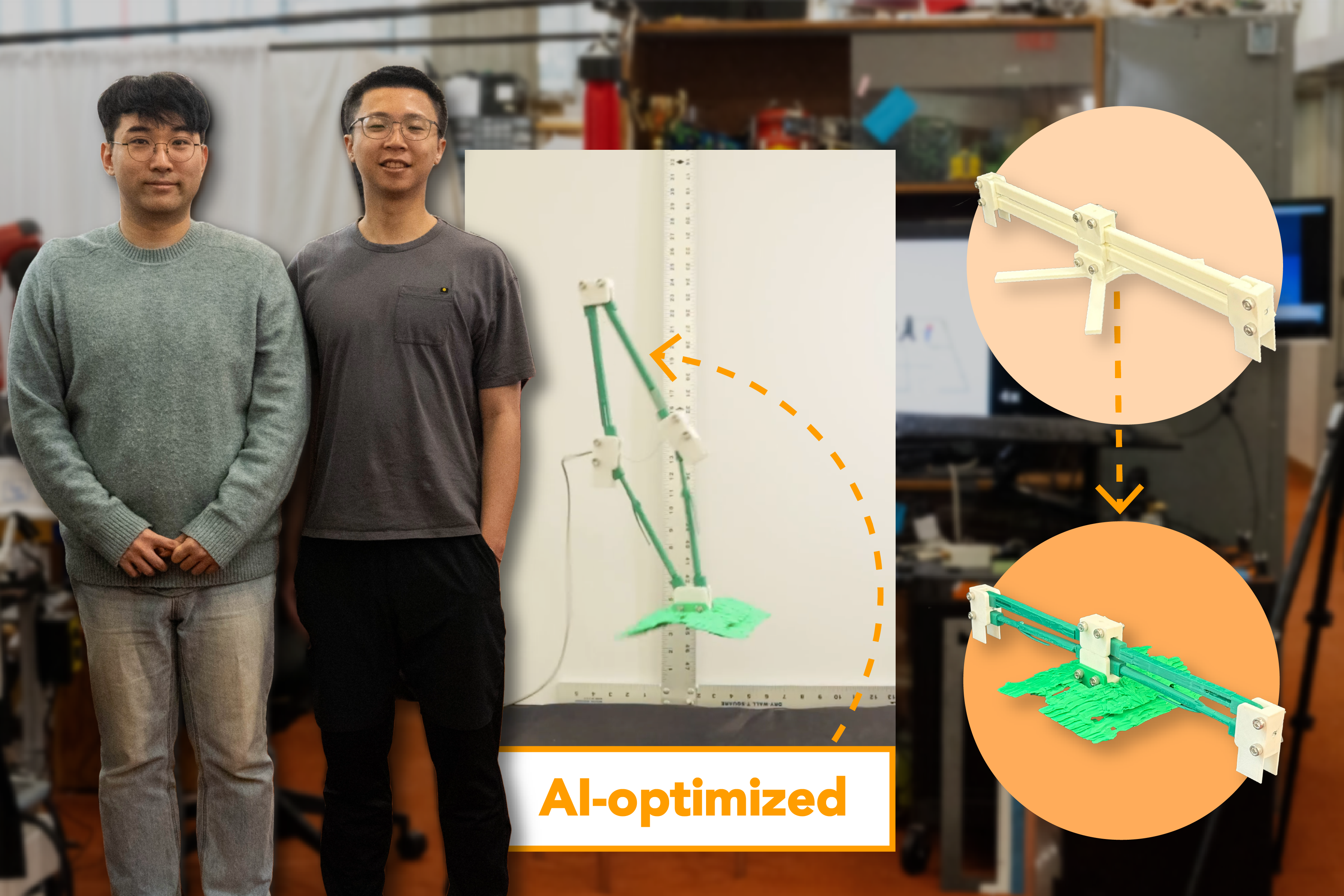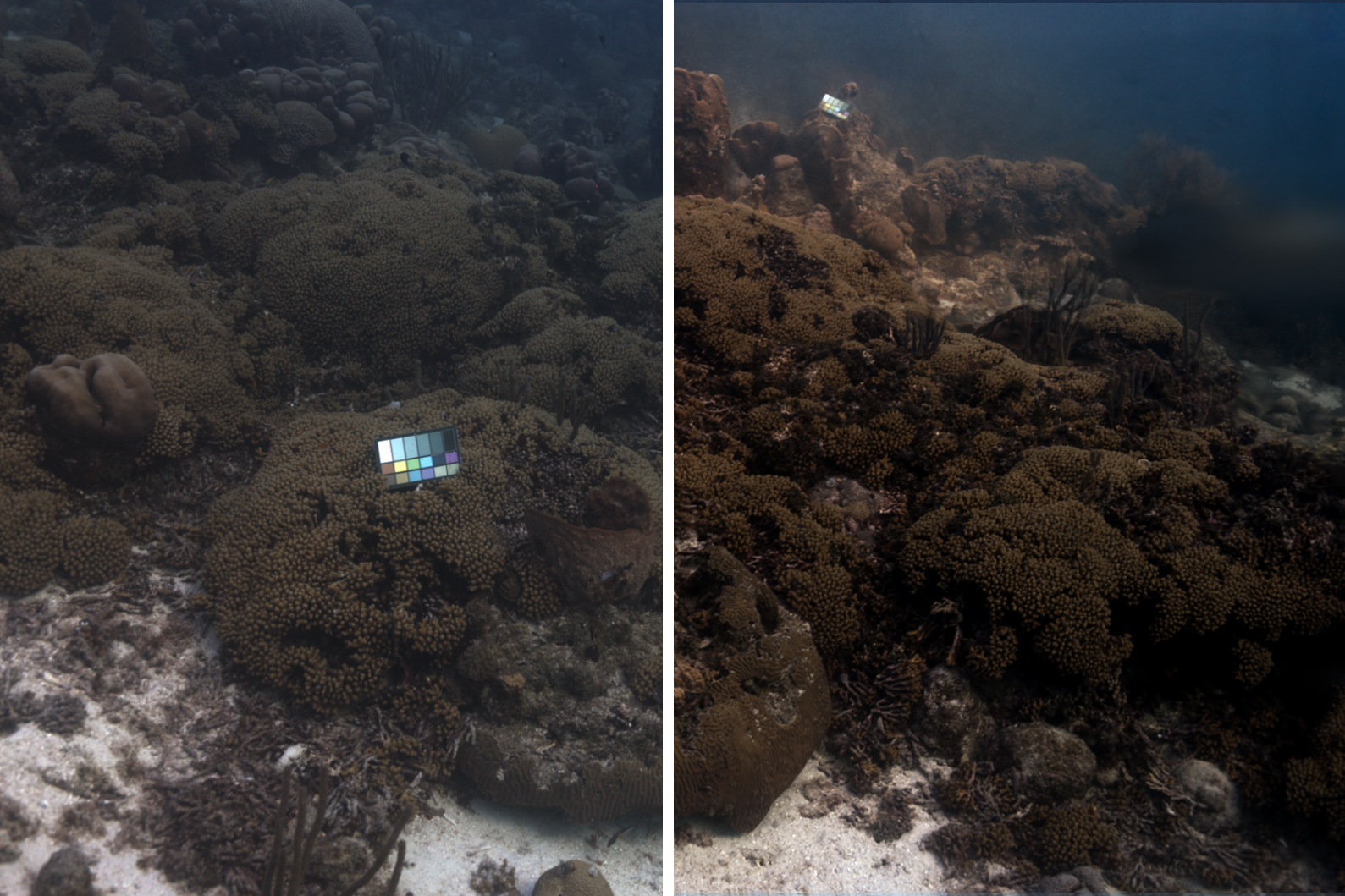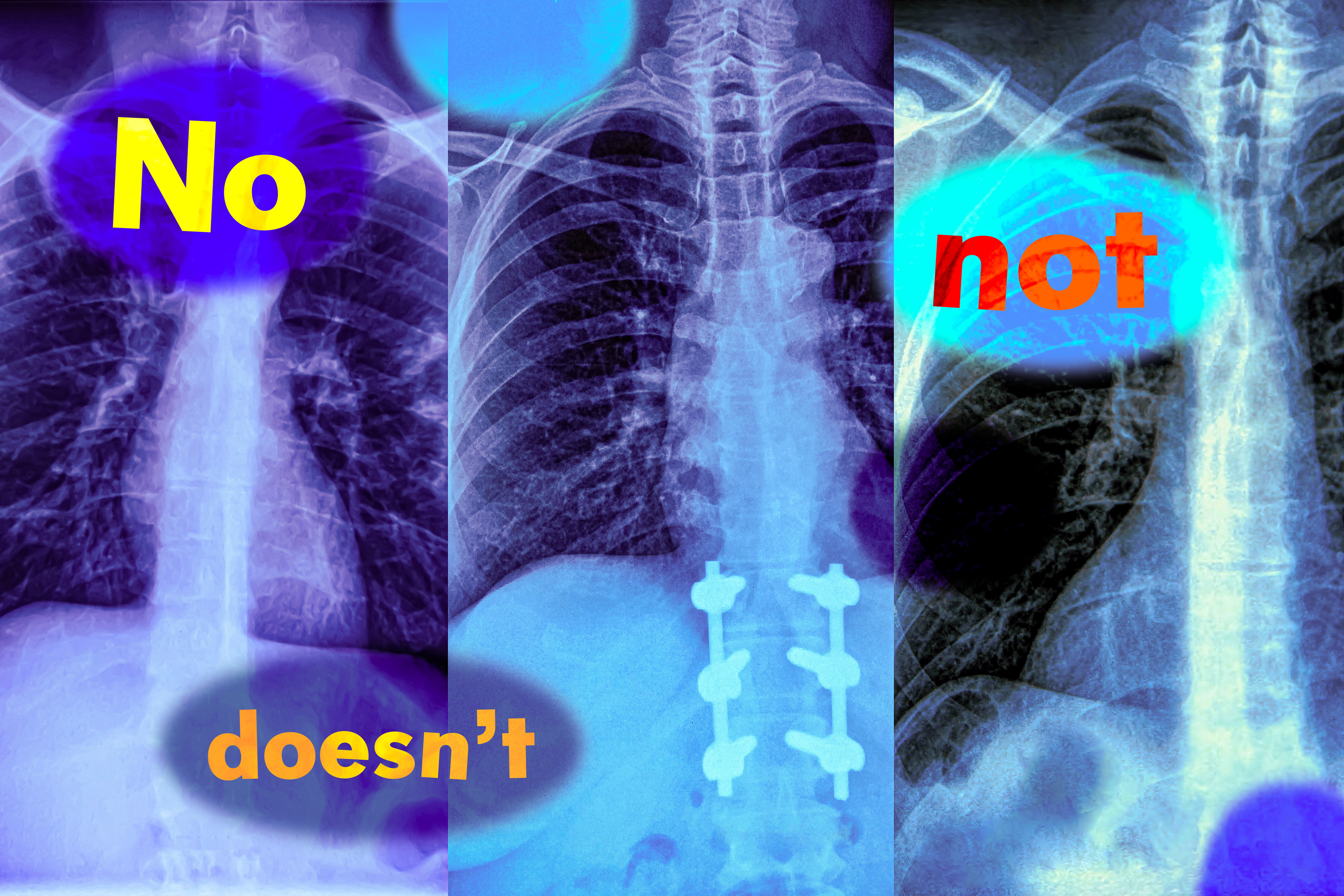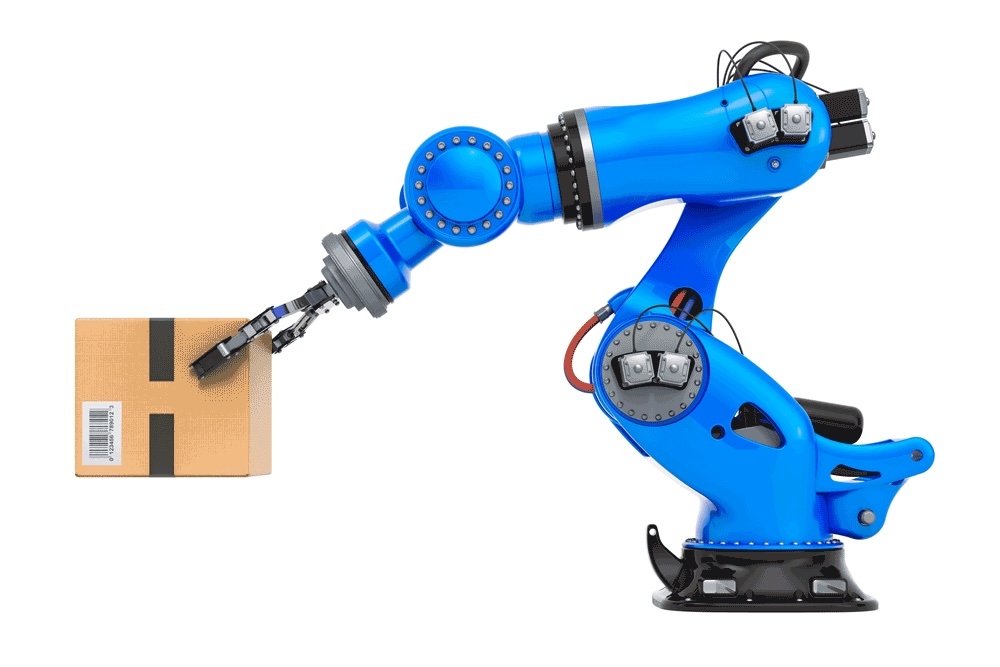Teaching AI models the broad strokes to sketch more like humans do
SketchAgent, a drawing system developed by MIT CSAIL researchers, sketches up concepts stroke-by-stroke, teaching language models to visually express concepts on their own and collaborate with humans.
Alex Shipps | MIT CSAIL •
mit
June 2, 2025 • ~7 min
June 2, 2025 • ~7 min
/
72










